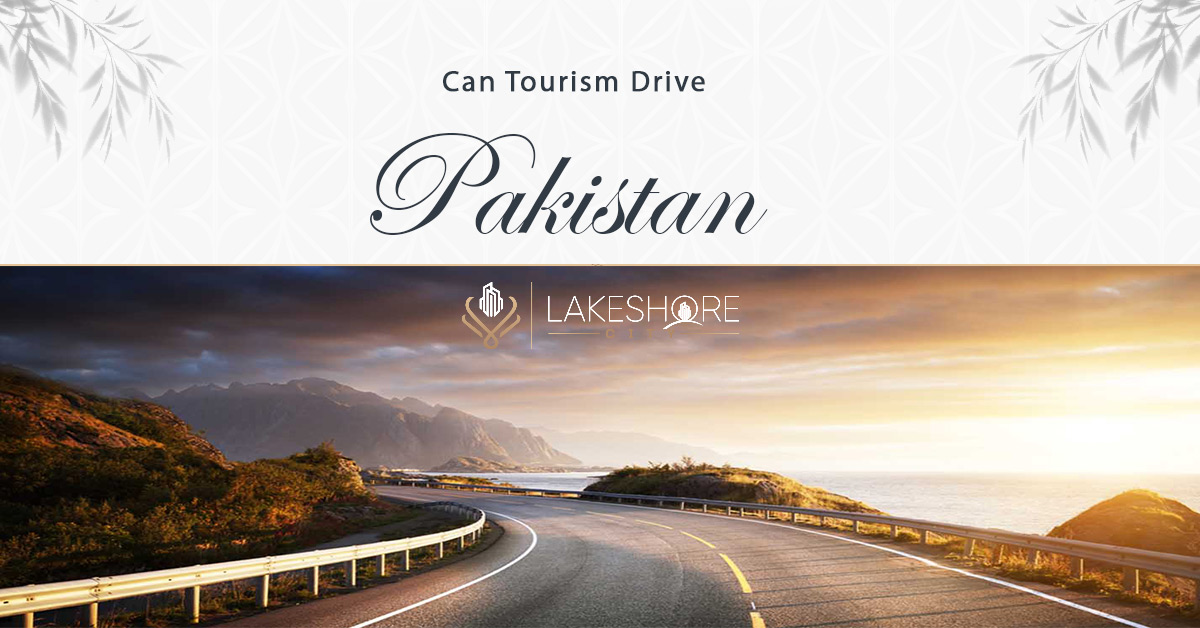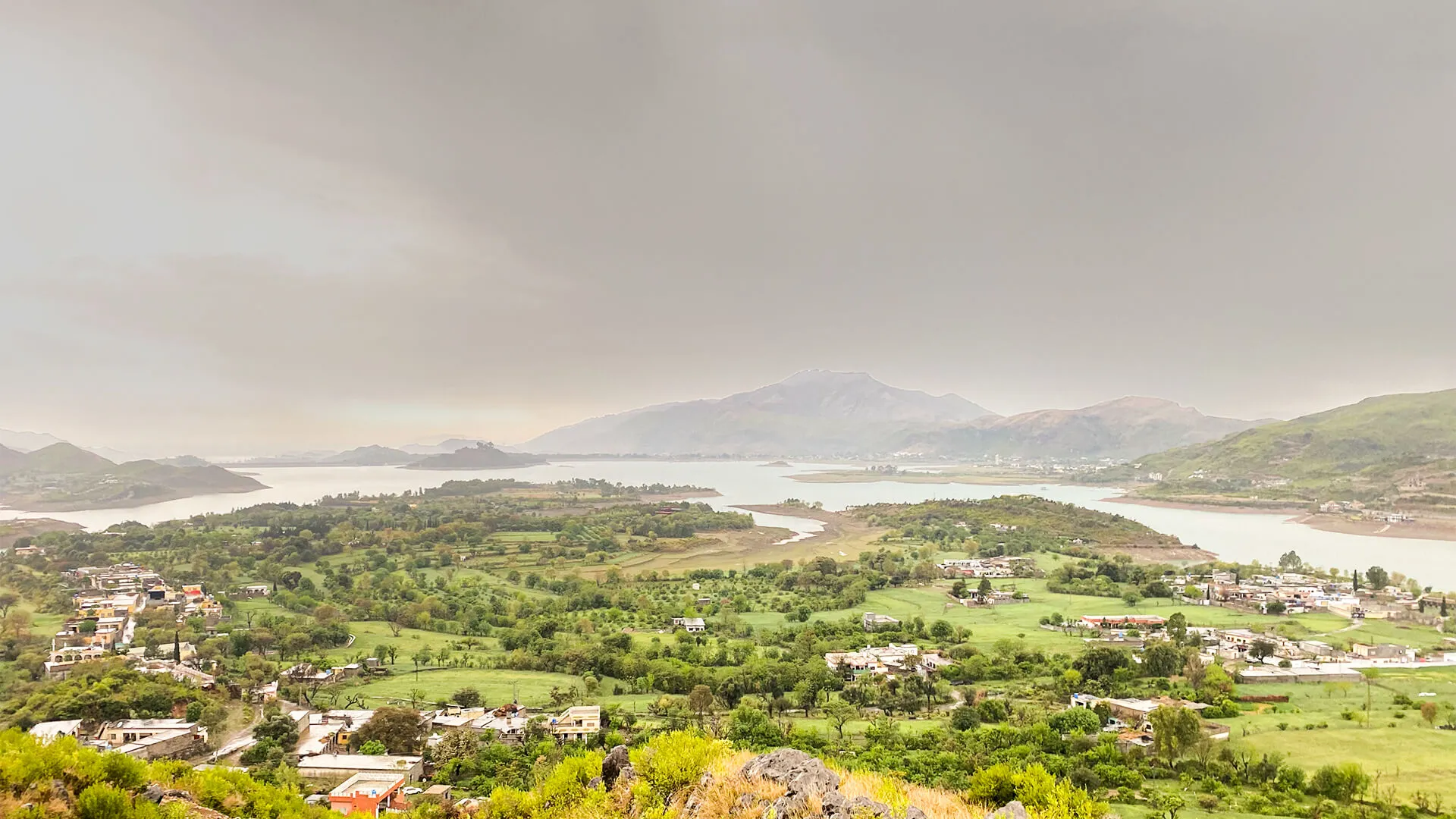Pakistan is being remade as a tourist destination, and mainstream international media, vloggers, and influencers are being asked to travel there. On paper at least, the visa requirements have also been loosened, while security worries have significantly diminished. At a time when domestic tourism has also increased during the last five to seven years, these are undoubtedly some positive prospects. It comes as no surprise that PM Khan has praised the nation’s tourist industry as a viable area for investment. Beyond the publicity, however, not much is being done to advance this sector.
The overall management and support staff job market for tourism is in terrible shape. This has been identified by industry experts as one of the key disadvantages for a service-oriented economy.
Anecdotal evidence shows that baristas, servers, and receptionists are in short supply, therefore it is not surprising that any café or hotel worth its salt hires workers from the Gilgit-Baltistan (GB) region (or from some Khyber Pakhtunkhwa districts, including Chitral). Workers in the hospitality industry from the UK tend to be more educated or at least have good demeanours, which may be because such areas are more accustomed to receiving tourists from other countries.
No offence intended to those from other cultures, but Pakistanis in general seem to struggle more than, example, many East Asians or even Sri Lankan or Nepalese tourism industry employees, to grin naturally.
Or take into account the lack of a coordinating policy framework that directs the several entities across federal and provincial domains that are in charge of tourism and related matters. According to industry insiders, those agencies dislike stakeholder participation as well. Despite the buzz surrounding tourism in the nation, unless major efforts are made, it is unrealistic to think that this coordinating mechanism would be repaired any time soon. After all, this is a nation that hasn’t even figured out how to coordinate its taxes, a topic that is unquestionably more crucial than tourism.
In a similar vein, no attempts are being made to conserve and sustain the ecosystem. The most promising type of tourism in Pakistan so far is ecological or landscape-oriented tourism. Other types of tourism include business, religious, medical, cultural, and educational. As if there weren’t interesting locations to see in other parts of the nation, that too is currently restricted to Pakistan’s mountainous regions, which are becoming more and more burdened by the ecological impact of tourists.
The issue is that the country’s institutional and regulatory frameworks are inadequate in terms of sustainability and the environment, particularly in these mountainous regions and elsewhere. For instance, in certain areas the livestock that once provided milk has been replaced with milk cartons. Other than local households, firms that produce packaged milk and bottled water are also somewhat to fault. They engage in a variety of CSR efforts elsewhere, but their CSR managers don’t bother to address the issue of mountains covered in piles of empty milk cartons and plastic water bottles because they are fully aware that the state lacks the resources to remove the trash.
Large amounts of FDI should not be anticipated in Pakistan’s tourist sector in the near future, even if issues like these are rectified. The top three subsectors of the tourist industry that draw FDI globally are lodging, travel planning and reservation services, and software developers.
Other than lodging, FDI inflows relating to tourism do not often have large ticket sizes. Regarding lodging, there are two things to keep in mind: on the one hand, the local businesses are already taking advantage of the little market that major hotel properties may have, whereas the market in places like Chitral, for example, is not yet large enough to draw major hotel chains. On the other hand, the sharing economy model is expanding in Pakistan, where the recent introduction of Roomph, a platform for booking hotels and guesthouses, and other firms with GB-based operations that are similar to Airbnb, are notable developments.
Read More: Promoting Tourism in Pakistan: Lessons from Dubai
Without a question, tourism ranks among the top export commodities in the world, right after energy and chemicals. According to statistics by the UN World Tourism Organisation, tourism accounts for 30% of all services exported globally, surpassing both cars and food. These graphs demonstrate that Pakistan has not yet benefited from this area. But the private sector can handle the remainder on its own if efforts are made in the areas of governance, policymaking, and regulation. Despite the risk of recurrence, there is enough money to be produced in this industry, thus sustainability must be incorporated into tourism policy and development goals. Failure to do so is equivalent to murdering the hen that produces golden eggs.
Don’t miss the chance to invest with Lakeshore! Secure your investment today by investing your financial investment with Lakeshore in the following available options like Lakeshore City, Lakeshore Club, and Lakeshore Farms.
For More updates, please Contact +92 335 7775253 or visit our website https://lakeshorecity.com/
Lakeshore City is the upcoming elite lifestyle at Khanpur Dam. Offering no parallel amenities for the members and owners of distinguished farmhouses.
Become Part of Luxurious Lifestyle
Contact: 0335 7775253



